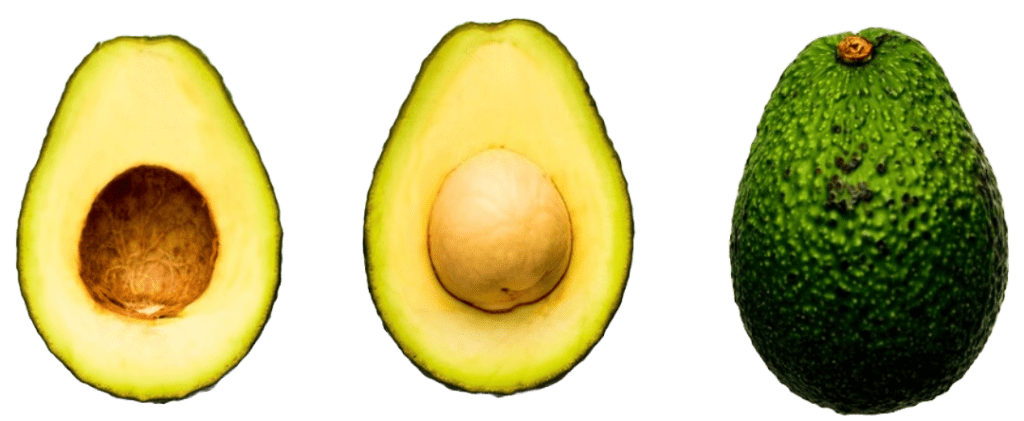Fats
What are Fats?
Fat is a macronutrient, meaning is it a main component of the diet. Fats contain a high amount of energy, providing the body with 9 calories per gram compared to 4 calories per gram provided by protein and] carbohydrate. Consuming some fat is very important for a healthy diet as it provides essential fatty acids that the body can’t make itself.
There are different types of fat in the diet; the two main types of fat from food are saturated and unsaturated fats. Most fats and oils have a combination of both saturated and unsaturated fats in different amounts. To maintain a healthy diet it is recommended to reduce the amount of foods high in saturated fats (such as crisps, chips and biscuits), replacing them with alternatives foods with unsaturated] fats instead (such as nuts, seeds and avocado).

What is the role of fats?
Fats are essential in the diet as they play an important role absorbing fat soluble vitamins such a vitamins A, D and E. Any fat consumed that it not used by the body or turned into energy will be stored as body fat (this is also the same for any unused protein or carbohydrate).
The type of fat consumed has an impact on cholesterol levels in the body. Cholesterol is often used as a ] health marker, with high levels of ‘bad’ cholesterol (known as low density lipoproteins (LDLs)) linked to higher risk of heart illnesses or strokes. A high intake of saturated fat can result in high LDL levels, whereas unsaturated fat can have a positive influence on cholesterol by promoting ‘good’ cholesterol (HDLs) which help to remove LDLs. The source of the fat in the diet can therefore have a large impact on overall health.
What foods contain Fats?
Saturated Fats: Saturated fats are found in sweet and savoury foods. These include fatty meats, butter, cheese, cream, snacks such as crisps and chips, cakes, pastries and biscuits. Some oils are also high in saturated fats such as palm and coconut oil.
Unsaturated Fats: Unsaturated fats can be either monounsaturated or polyunsaturated, and often come from plant and fish oils. In order to help maintain good heart health, the general population should aim for a diet higher in unsaturated fats than saturated fats. Foods containing unsaturated fats include avocadoes, oily fish such as salmon, nuts and seeds. Some oils are high in unsaturated fats, such as olive and rapeseed oils.

Further Resources:
References:
British Nutrition Foundation (2023). Fat. Available at: https://www.nutrition.org.uk/healthy-sustainablediets/fat/ [Accessed 23 Aug 2024].
National Health Service (2023). Fat: the facts. Available at: https://www.nhs.uk/live-well/eat-well/food-types/different-fats-nutrition/ [Accessed 23 Aug 2024].
British Heart Foundation (2021). Fats explained. Available at: https://www.bhf.org.uk/informationsupport/support/healthy-living/healthy-eating/fats-explained [Accessed 23 Aug 2024].
Written By:
Lucy Clarkson, SENR Nutritionist and Database Support, myfood24.








 Back to knowledge library
Back to knowledge library